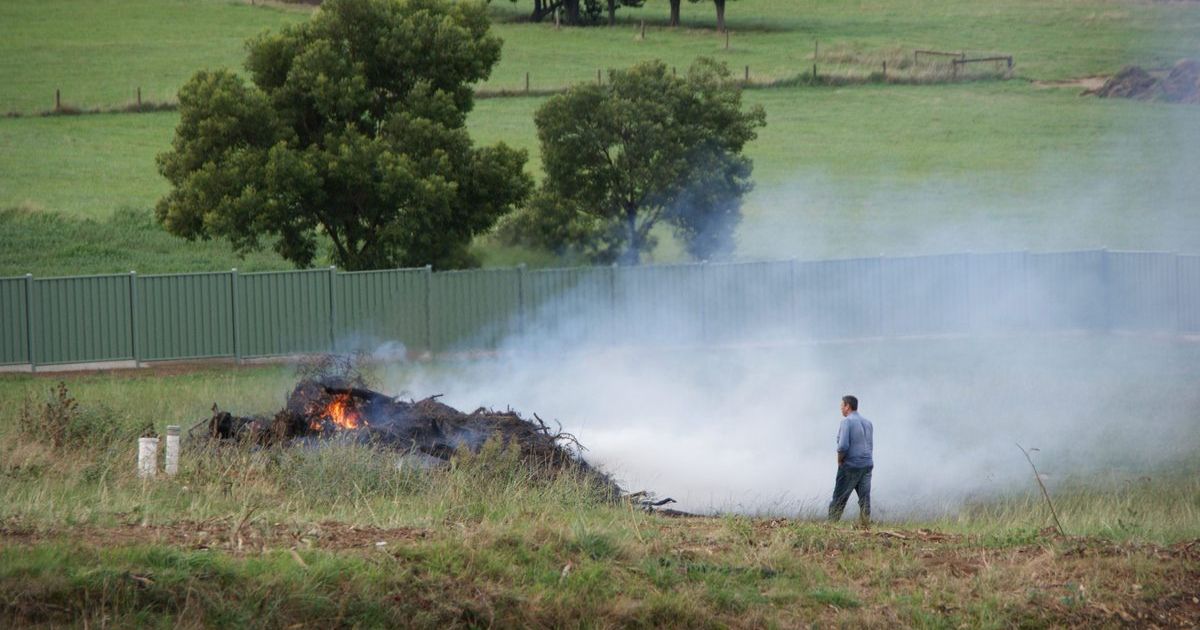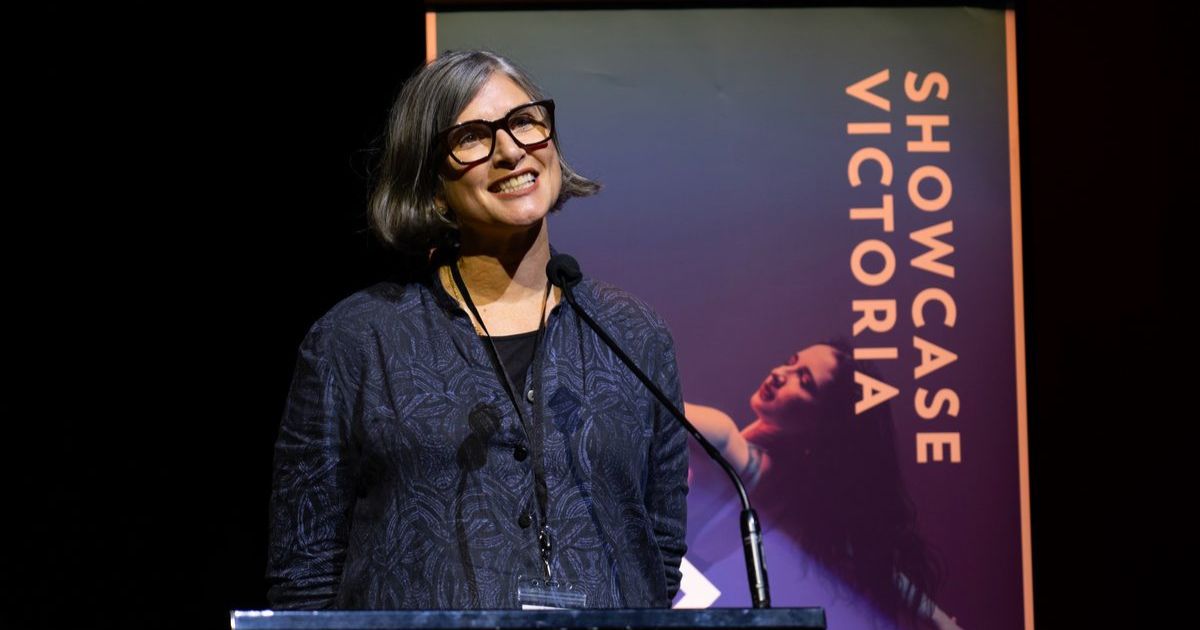Recognition for closing culture gap

Community-minded: Frances Salenga has served as the City of Ballarat's intercultural services coordinator since 2009 and will soon retire by the end of the year. Photo: TIM BOTTAMS
FOR more than fifteen years, Frances Salenga has strived to create a more multicultural Ballarat.
Growing up in the Philippines, Ms Salenga moved to the region in 2009 after migrating to Australia in 2003 with her family.
She’s served as the City of Ballarat’s intercultural services coordinator since her tree change.
Moving into a region with a “highly Anglo-Saxon” demographic, she said her goal was to help foster a more intercultural city.
“I’m very interested in people and community and I saw how it is to be a migrant in Australia so I thought I’d be best suited in a job where I can highlight multiculturalism,” she said.
“I saw people migrating here like doctors and nurses and contributing to the health sector which was very in need of staff at that time.
“I’m just a people person and I knew I could make a difference if I worked for the benefit of migrants and explore what their contribution in Australia can be and how they can make a difference.”
Prior to her migration, Ms Salenga previously taught anthropology and sociology at the Assumption College in the Philippines, where she also served as director of the institution’s Centre of Social Concern.
She said her love for culture and community stems from her time working as an elections observer in the Asia Pacific region for United Nations during the mid-1980s, where she travelled to various countries to speak to people about election processes.
“I kind of got interested with other cultures through that,” she said.
“We share the same schools, roads, public spaces; there’s no other way to promote harmony if we don’t educate each other and learn from each other.
“You can live in harmony despite differences in race, colour, and culture.”
Prior to her role across Ballarat’s multicultural sector, she supported the development of ethnic communities across five north-eastern regional Victorian local governments, including Wodonga, Wangaratta, Mansfield, Benalla, and Alpine Shire.
She said one of her proudest local achievements is helping steer a skilled migration program, which ran for five years from around 2017 and supported some 500 migrants to fill employment gaps across various sectors.
Additionally, she also helped develop the municipality’s ambassador program, which since 2009 has provided leadership training for 10 migrant participants across Ballarat each year.
She also has helped steer the delivery of Harmony Festival, and helped establish the Intercultural Garden which launched in September.
Currently on long service leave, Ms Salenga aims to retire around October this year.
She feels she’s left a good legacy for the next person to build on.
“It’s time to let other people lead the sector,” she said. “The foundation is there and I’m quite happy with the outcome.
“If you understand the plight of a migrant, you’ll be able to provide support mechanisms to enable them to be productive members of our society.
“This job gave me that opportunity.”
For her contributions to multiculturalism, Ms Salenga is being inducted onto the Ballarat’s Great Women Honour Roll next month by members of the Zonta Club of Ballarat.


















